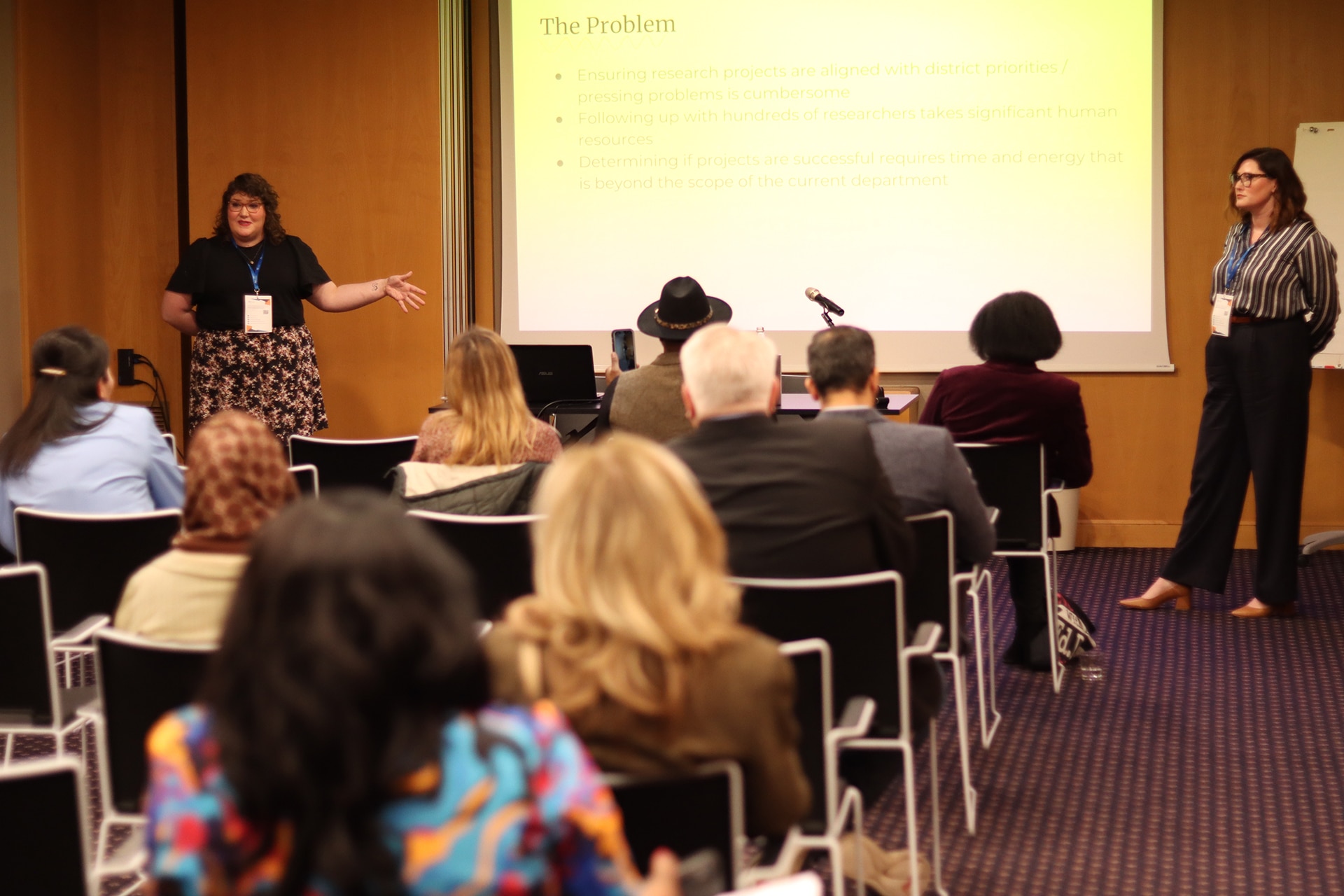

746 views||Release time: Dec 24, 2024
Networking is one of the most valuable aspects of attending academic conferences. Whether in-person or online, academic conferences offer unique opportunities for researchers, scholars, and professionals to exchange ideas, discuss current trends, and build long-lasting collaborations. However, in the digital age, it’s not just about face-to-face interactions; academic conference networking platforms have become essential for fostering connections and making the most of virtual or hybrid events.
In this article, we will highlight some of the top academic conference networking platforms, which can help you connect with peers, exchange research, and collaborate effectively, regardless of location.

Networking platforms designed for academic conferences are crucial because they:
Overview: Whova is one of the most widely used platforms for both virtual and in-person academic conferences. It provides a comprehensive set of features, including attendee profiles, session scheduling, live polls, Q&A, and interactive discussion boards.
Key Features:
Why Choose Whova: The platform’s user-friendly interface and strong networking capabilities make it a top choice for academic conferences of all sizes.
Overview: Bizzabo is another popular platform known for its interactive features and event management capabilities. It is particularly useful for conferences that focus on professional networking, collaboration, and engagement.
Key Features:
Why Choose Bizzabo: Its powerful analytics and AI-driven features make Bizzabo ideal for academic conferences seeking to foster meaningful interactions between attendees.
Overview: Brella is an innovative event networking platform that emphasizes 1:1 networking, matchmaking, and collaborative opportunities. It is designed to help attendees make meaningful connections by aligning them with people who have similar academic interests.
Key Features:
Why Choose Brella: If you’re looking for an event platform that prioritizes personalized networking and relationship-building, Brella is an excellent choice.
Overview: Gather is a virtual event platform known for its immersive, game-like experience. It simulates a "virtual space" where attendees can move around and engage in spontaneous interactions with other participants.
Key Features:
Why Choose Gather: If you’re hosting a fully virtual or hybrid conference and want to offer a more interactive, immersive networking experience, Gather is a fun and innovative option.
Overview: PheedLoop is a feature-rich platform designed for virtual, hybrid, and in-person events. It is perfect for academic conferences looking for an all-in-one solution for event management, attendee engagement, and networking.
Key Features:
Why Choose PheedLoop: PheedLoop’s versatility and robust features make it suitable for conferences of all sizes and formats.
Ensure your profile is complete with your academic background, research interests, and a clear description of the topics you are presenting or discussing. A well-rounded profile makes it easier for others to find you and start conversations.
Many platforms allow for pre-conference interaction through community boards or discussion groups. Participate in these activities to begin networking before the event starts. Reach out to speakers, organizers, and potential collaborators.
Look for designated networking sessions or informal roundtable discussions. These are designed to foster engagement and allow for more focused conversations in small groups.
Take advantage of any matchmaking or meeting scheduling features offered by the platform. Reaching out for one-on-one video calls can help you build deeper connections with experts and researchers in your field.
After the conference, use the platform’s features to follow up with those you met. Send a personalized message or email expressing your interest in collaborating or continuing the conversation.
The digital era has revolutionized how we network at academic conferences. Leveraging networking platforms designed for academic events can help you make meaningful connections, discover new research, and expand your professional network globally.
For more tools, tips, and resources for organizing and attending academic conferences, visit iconf.com for expert advice and event solutions. Whether you're looking to network, share your research, or discover new collaborations, these platforms provide everything you need to succeed in today’s academic landscape.